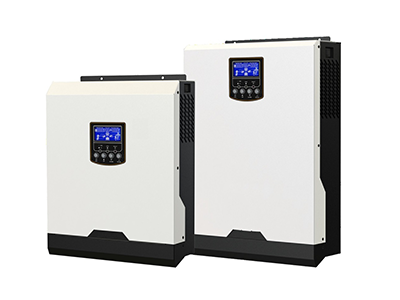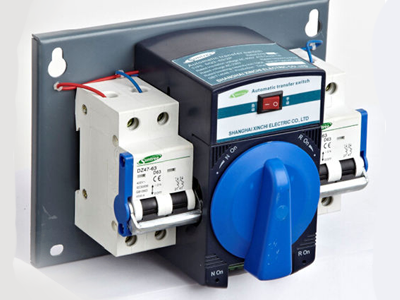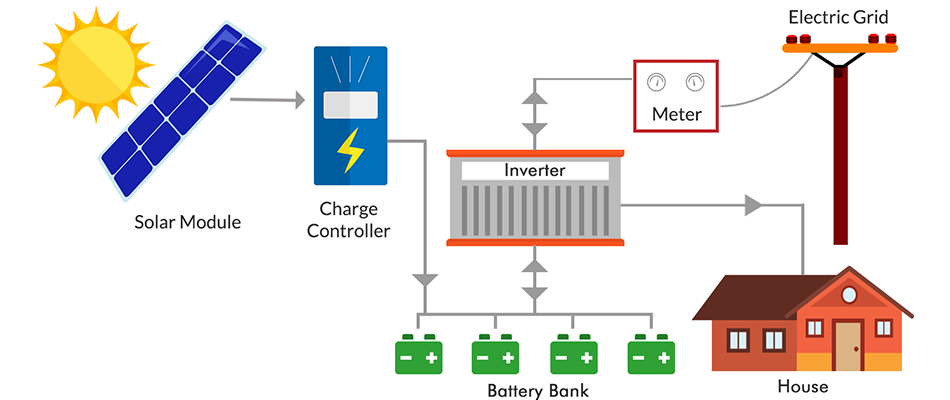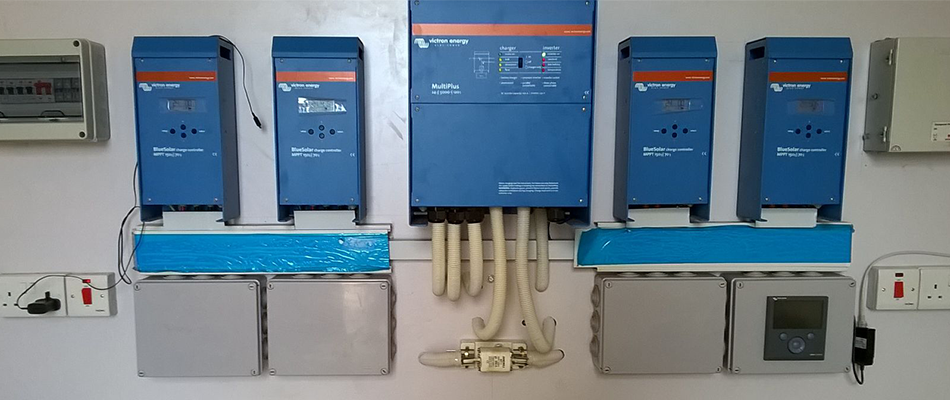A backup solar power system, on the other hand, works quietly and efficiently in the background during the day, ensuring the battery banks are continuously charged. A non-interruptible power supply can be created for critical applications, like computer and communication systems, so important data or functions will not be suspended when the main power goes out.
Backup Power Solar Systems
Solar power backup systems provide a safe and reliable alternative when a blackout occurs. Depending on your needs, an appropriately size reserve system can meet your electrical load and up-time requirement. If you have critical energy needs for computers, communication equipment or electric heaters, such a system may be right for you.
Many people have backup power, typically provided by gas or diesel generators to create electricity. However, these cannot provide immediate power since they need to be primed and started before delivering power. In addition, regular maintenance is also required to keep the motors in good working order and make sure the fuel is not contaminated with moisture.
Solar Power Backup Systems
Solar Panels

Solar panels are used to collect tge solar energy as the sun is shining. The number of panels used depend on how much wattage your electrical equipment requires.
Solar Inverters

A solar inverter or PV inverter, is a type of electrical converter which converts the variable direct current output of a photovoltaic solar panel into a utility frequency alternating current that can be fed into a commercial electrical grid or used by a local, off-grid electrical network.
Charge Controller

A charge controller is necessary to maximize the amount of current generated from the solar panels. Make sure that the controller has an auto-disconnect feature.
Transfer Switch

A transfer switch is a circuit that can quickly switch the input power from the grid to the battery backup. The operation should be instantaneous to provide an uninterruptable power supply to your load. Look for a unit that mechanically separates the two supplies with a relay so current will not leak from the batteries out to the grid and vice-versa.
Battery Banks

The number of batteries you'll use again depends on the load and up-time requirements. Once you determine your energy requirements and estimate how long a blackout may last in your area, you can then determine how many batteries you need





















